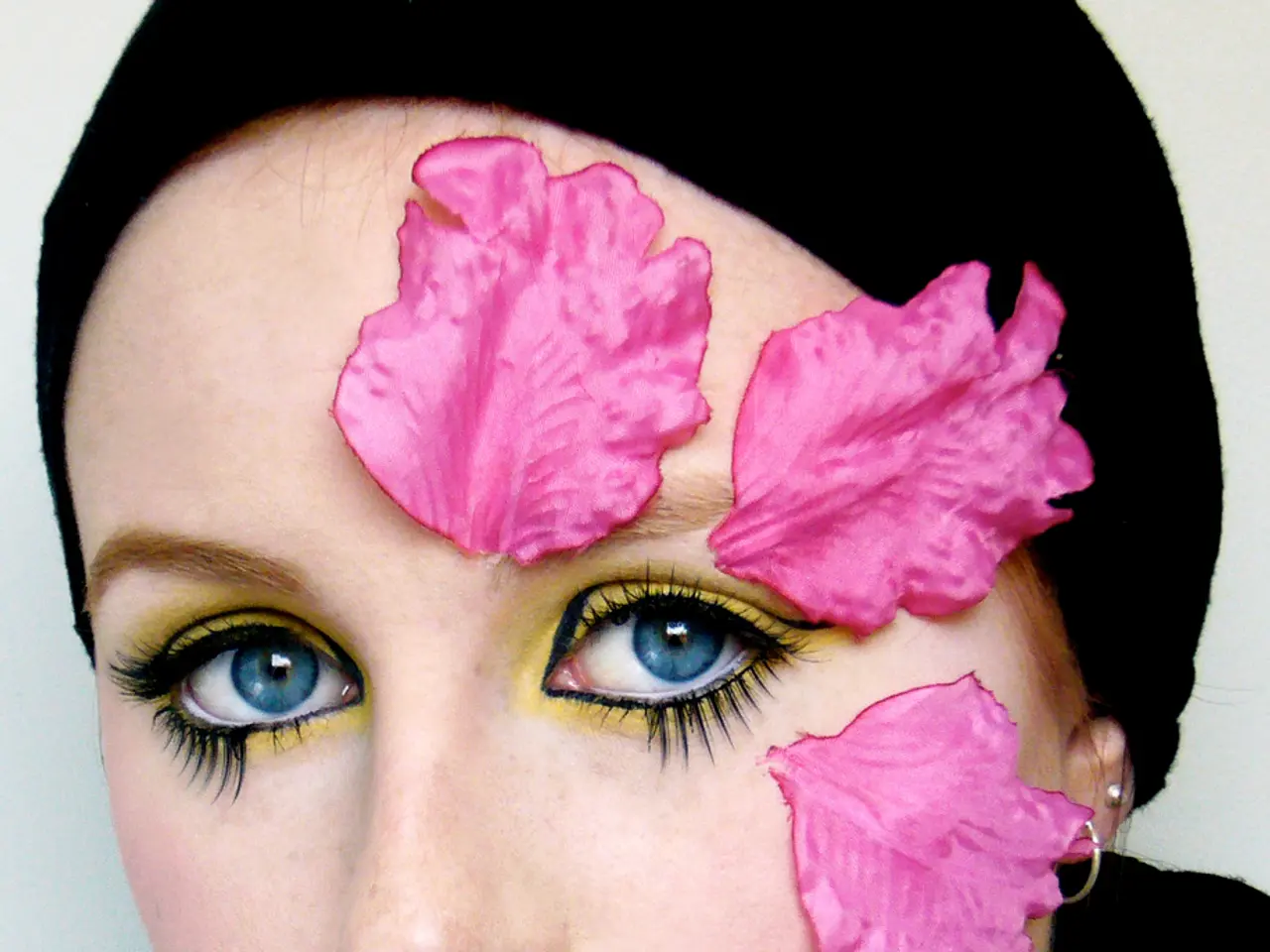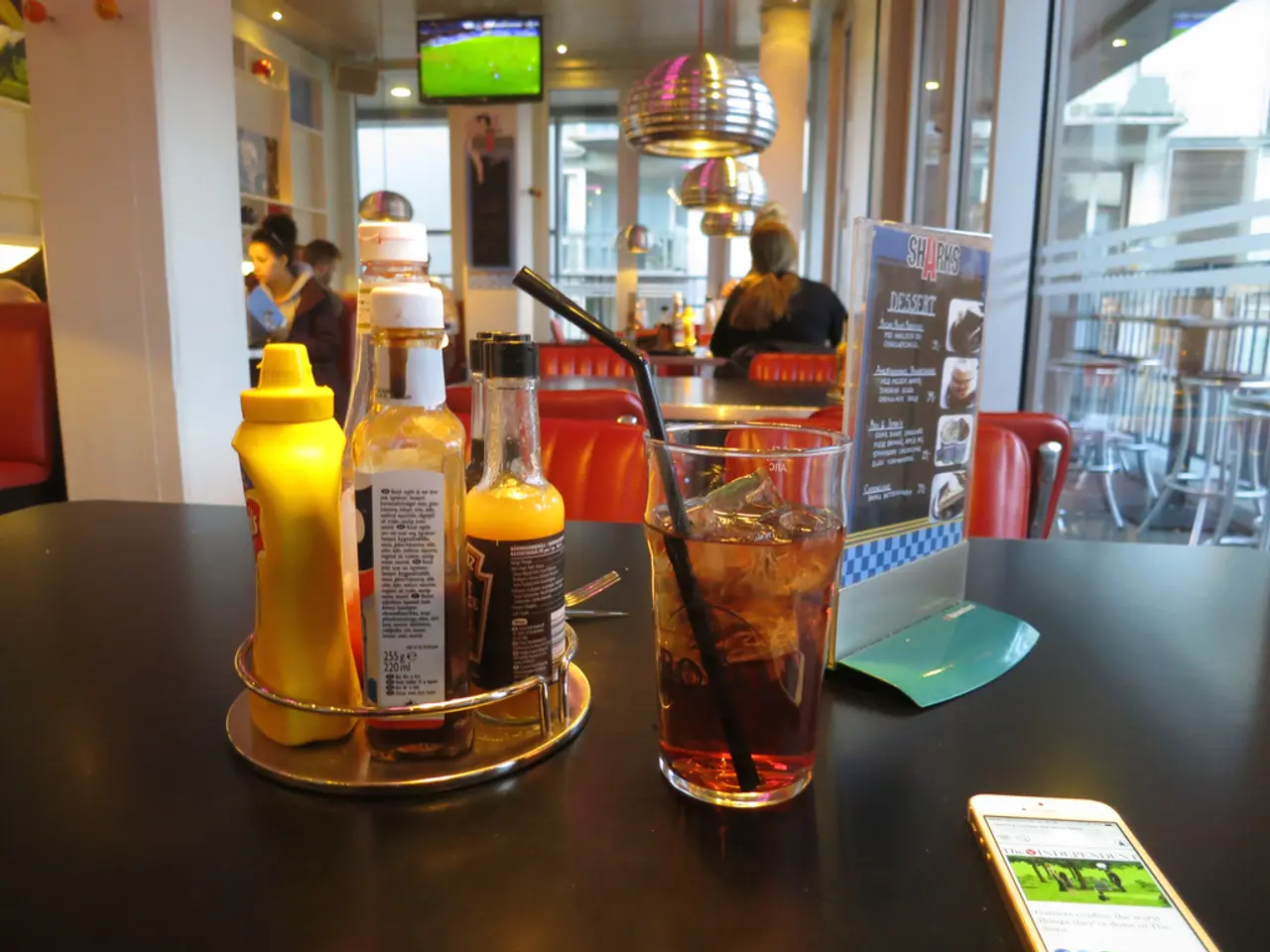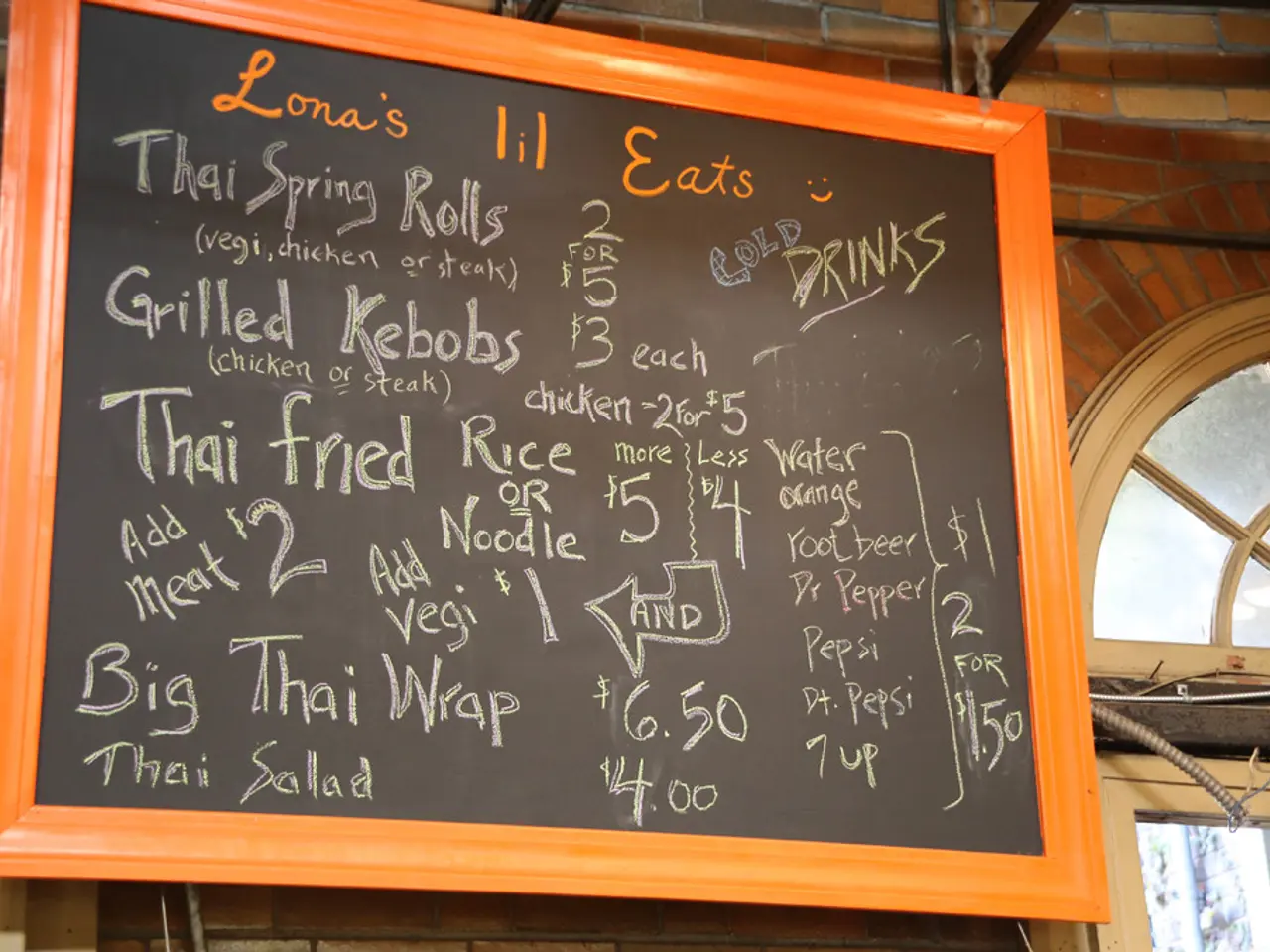Expanded range of cosmetics caters to an increasingly varied demographic
In the ever-evolving world of beauty, a significant shift is underway. The makeup-for-all movement is reshaping the industry, emphasizing inclusivity, personalization, and ethical formulation to cater to a diverse range of consumers.
The movement is not just about makeup; it's about empowerment, health-consciousness, sustainability, and diverse representation. It's about making beauty accessible and affirming for everyone, regardless of gender, age, cultural background, skin color, or hair type.
Inclusive beauty is no longer a niche concept. Brands must adapt to this shift, breaking away from established codes and traditions. The rise of inclusive makeup lines for men and brands encouraging men to embrace self-care is a testament to this change.
The notion of diversity is expanding to include gender identity, age, and lifestyle choices. Today's younger generations have a broad definition of diversity, with conventional notions of success and attractiveness fading away.
The makeup-for-all movement is not confined to the West. Beauty norms and trends are evolving globally, with countries like Japan and South Korea becoming leaders in makeup development. In Indonesia, 82% of consumers recognize their cultural heritage as an important part of their identity. Brands must be aware of diverse emerging markets like Indonesia's to tap into their potential.
Consumers are seeking unique and personalized products, as well as brands that celebrate their individuality. Androgynous and non-binary products are becoming more popular in the beauty market, reflecting this desire for personal expression.
The new generation of adult consumers seeks preventive wellness products rather than reactive ones. They want makeup that nourishes their skin and supports their health, not just covers imperfections. This shift favors “less is more”—tinted serums, moisturizers, and minimalist makeup that enhances natural glow instead of full-coverage foundations.
Provital, a company that develops active ingredients for beauty brands, champions diversity and innovation. Their range of natural and sustainable ingredients are tested on diverse in vivo panels to help brands attract a wider customer base.
The makeup-for-all movement is more than a trend; it's a cultural shift. It's about respecting and celebrating diversity, empowering self-expression, and promoting health and wellness. It's about making beauty a tool for confidence and self-love, rather than a standard to conform to.
As the number of people over 60 in the "developed world" doubles by 2030, and the halal cosmetics market experiences significant growth, the makeup-for-all movement is poised to continue its impact. Makeup for all is important because previously minority groups are now the most influential consumers. It's a movement that reflects the values of our times and sets a new standard for the beauty industry.
- The makeup-for-all movement isn't just about diverse representation in makeup; it's also about the evolution of fashion-and-beauty, encompassing an expanded notion of diversity that includes lifestyle choices and personal growth.
- In the realms of home-and-garden, education-and-self-development, and personal-growth, the principles of inclusivity, sustainability, and health-consciousness are equally relevant, as consumers seek unique, personalized, and affirming experiences.
- The changing landscape of the beauty industry is not limited to the West; it's a global phenomenon that values diverse markets like Indonesia's, and embraces innovative products for diverse lifestyles, such as androgynous and non-binary items, and preventive wellness products that cater to the needs of every generation.




